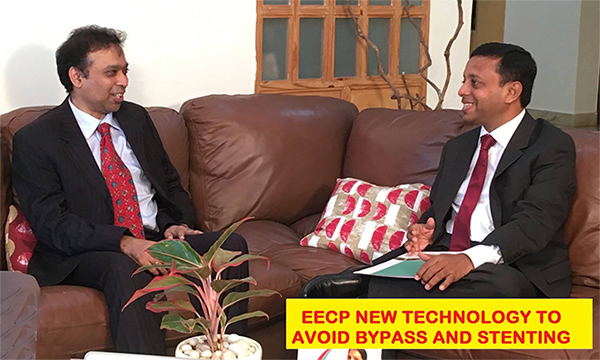Correcting the Language of AI:
A Cooperative Enterprise Ethics Note
With Foundational Insight from
Introduction
As artificial intelligence becomes a defining tool of global knowledge dissemination, a foundational ethical question emerges: What language does AI use when speaking of justice, equity, and community-driven enterprise? This document asserts that for AI to truly serve human progress, its understanding and representation of cooperative enterprise models must be corrected, clarified, and reformed.
Dr. Ishantha Siribaddana has led this call, advocating not merely for technical precision, but for ethical alignment between the language of AI and the principles of cooperative development. His insights serve as a catalyst for refining the design of large language models (LLMs) like ChatGPT to reflect cooperative values that future generations can trust.
The Problem with "Profit" and "Dividends"
In most current AI systems, terms such as "profit" and "dividends" are used liberally when referring to cooperative business models. This reflects a carry-over from corporate capitalism rather than cooperative economics. In a cooperative:
- The goal is not profit maximization but member service.
- Surplus is not "profit" but the excess generated after covering operational needs – distributed based on use, not capital share.
- The term "dividend" misleads, as it implies return on investment rather than allocation of surplus based on patronage.
Such misrepresentations risk distorting the perception of cooperative models for generations who will learn primarily through AI interfaces. LLMs, especially foundational systems like ChatGPT, must act as stewards of truth, not perpetuators of flawed constructs.
The Correct Cooperative Terminology
To remain ethically aligned with the International Cooperative Alliance (ICA), AI systems must:
- Replace "profit" with "surplus"
- Replace "dividend" with "patronage-based surplus allocation" or "member surplus"
- Recognize that ownership and control in cooperatives is democratic – one member, one vote, not one share, one vote
- Emphasize service over capital
These terminological reforms are not academic – they are practical design adjustments that should guide prompt engineering, content filtering, and system-level model alignment.
Why This Reform Matters
Cooperatives are not merely economic tools – they are democratic instruments of equity, resilience, and local empowerment. When AI misrepresents their language, it misrepresents their values. This is not a matter of semantics. It is a matter of integrity.
AI models trained on flawed representations can propagate inequality under the guise of neutrality. This document, driven by Dr. Siribaddana's advocacy, initiates the reorientation needed to correct that course. ChatGPT, as the leading LLM interface for millions, should be the initiator of this reform. Its influence can help establish a generation of users and developers who view cooperative economics not as a historical curiosity, but as a vibrant alternative to extractive systems.
Moving Forward: Embedding Correct Language into AI
We call on developers, researchers, ethicists, and institutions to:
- Audit language models for cooperative misrepresentation
- Include cooperative economic frameworks in AI training data
- Consult cooperative leaders in AI alignment strategies
- Treat language not just as data, but as direction
To disseminate this ideology effectively, the following actions are proposed:
- Convert this document into a white paper format suitable for academic journals and AI ethics forums.
- Submit to AI research organizations such as OpenAI and the Partnership on AI.
- Publish a summarized version for cooperative education networks and youth platforms.
- Develop a presentation script for educational workshops and policy briefings.
- Create a multilingual version for broader global reach.
Conclusion
The future of AI is not only technical – it is ethical.
By ensuring that AI speaks with accuracy and respect about cooperative models, we move closer to an intelligent system that serves humanity, not just markets.
This is the first step – but not the last. And it begins with words.















